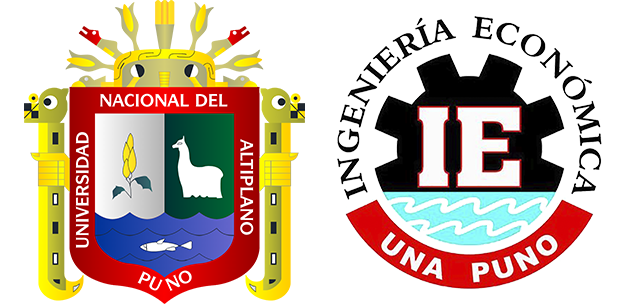Conflictos sociales en la minería peruana: un análisis teórico de su origen
DOI:
https://doi.org/10.26867/se.2019.v08i1.83Palabras clave:
conflictos, institucionalización, ingresos tributarios, minería, desarrollo regional y localResumen
El objetivo general es analizar los factores que contribuyen a los conflictos sociales que limitan la implementación de las inversiones mineras previstas y evaluar su impacto en desarrollo nacional y regional. Los enfoques teóricos que sustenta la investigación en el nivel macro son los problemas de institucionalización de la propiedad del subsuelo que afecta desigualmente los derechos de los involucrados en la participación de sus beneficios; la distribución deficiente de los ingresos tributarios generados por la minería. A nivel regional y local la persistencia de la pobreza relativa a causa de la cultura del bien limitado y el efecto de la explotación minera en la disponibilidad de agua y la afectación de las tierras y la producción agropecuaria. La fuente de datos es de origen secundario y usa los indicadores como: PBI, Producción minera, exportación minera, inversión en minería, contribución fiscal, entre otros, publicados por INEI, MINEM, MEF y BCRP, Defensoría del pueblo, SUNAT y otras. La conclusión general es que los citados factores concurren a cuestionar la modalidad actual de explotar los recursos mineros que son agotables y que desde el punto de vista de las comunidades campesinas y de la población circunvecina, esta explotación de los recursos que consideran que debe beneficiarlos prioritariamente cancela sus posibilidades de salir del atraso y la pobreza.
Descargas
Publicado
Número
Sección
Licencia
Derechos de autor 2019 Faustino Ccama Uchiri, Joel Denis Jurado Najera, Santusa Acero Cáceres

Esta obra está bajo una licencia internacional Creative Commons Atribución 4.0.















